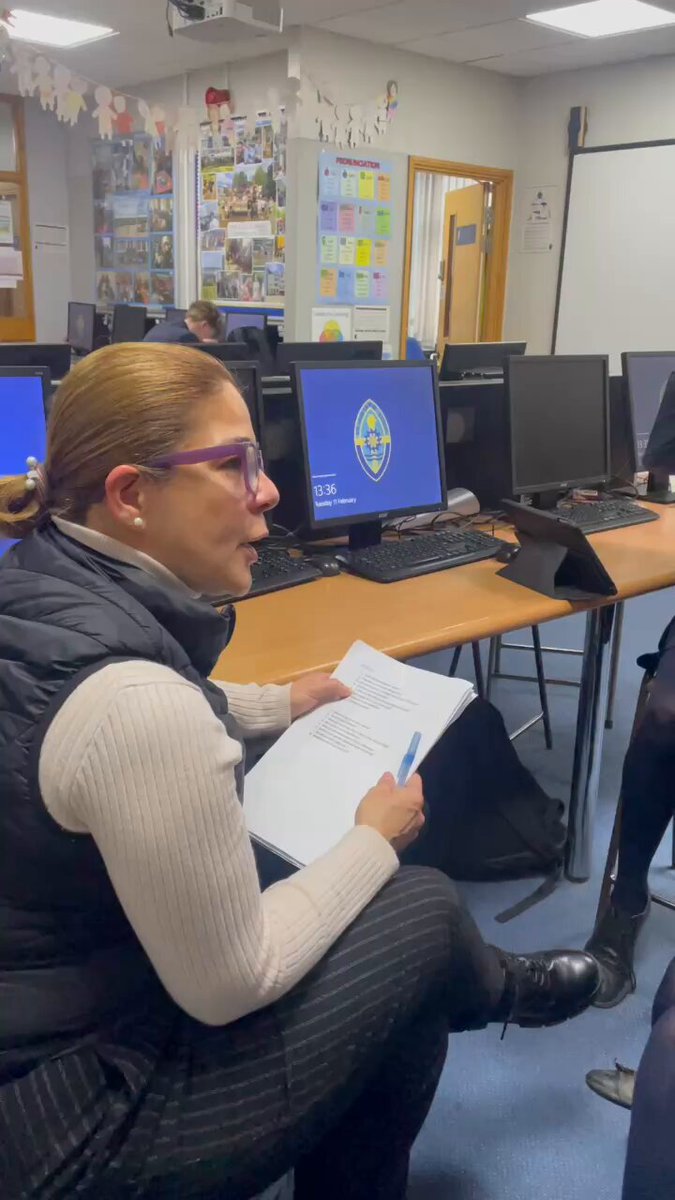Economics
| About the Faculty |
|---|
| Welcome to the Economics faculty at SJL. Our commitment to developing and maintaining student engagement alongside achieving excellence is a focus of the faculty. We continue to develop our skills and embrace current economic trends to incorporate in our lesson planning and preparation. The economics faculty has a team of experienced teaching staff and an excellent understanding of exam board expectations and requirements. |
| Curriculum Intent Statement |
|
Economics is a popular university subject of study, either as the main subject or as part of many courses. Economics seeks to answer the questions:
It is a highly regarded A Level requiring strong analytical skills and enthusiasm for a debate. Many of the top 200 UK companies employ economists to help formulate business strategy. Successful Economics graduates are, in general, highly paid and have careers in Business, Banking, The City, Law, Insurance and Risk Analysis. The aim is for the students to develop an interest in, and enthusiasm for, the subject. In addition, to appreciate the contribution of economics to the understanding of the wider economic and social environment: To develop an understanding of a range of concepts and an ability to use those concepts in a variety of different contexts. To use an enquiring, critical and thoughtful approach to the study of economics and develop an ability to think as an economist. To understand that economic behaviour can be studied from a range of perspectives. To develop analytical and quantitative skills, together with qualities and attitudes that will equip them for the challenges, opportunities and responsibilities of adult and working life. |
Key Stage 5 Curriculum
Board: Pearson EdExcel (9EC0)
Assessment
A Level
- Paper 1 Markets and business behaviour, questions drawn from Theme 1 and Theme 3
- Paper 2 The national and global economy, questions drawn from Theme 2 and Theme 4
- Paper 3 Microeconomics and macroeconomics, questions drawn from all themes
Course content
At A Level in Economics the qualification is structured into four themes and consists of three externally examined papers.
Students develop knowledge and understanding of core economic models and concepts in the four themes. Students will need to apply their knowledge and understanding to both familiar and unfamiliar contexts in the assessment and demonstrate an awareness of current economic events and policies.
Theme 1: Introduction to markets and market failure
- This theme focuses on microeconomic concepts. Students will develop an understanding of:
- nature of economics
- how markets work
- market failure
- government intervention
Theme 2: The UK economy – performance and policies
- This theme focuses on macroeconomic concepts. Students will develop an understanding of:
- measures of economic performance
- aggregate demand
- aggregate supply
- national income
- economic growth
- macroeconomic objectives and policy
Theme 3: Business behaviour and the labour market
- This theme develops the microeconomic concepts introduced in Theme 1 and focuses on business economics. Students will develop an understanding of:
- business growth
- business objectives
- revenues, costs and profits
- market structures
- labour market
- government intervention
Theme 4: A global perspective
- This theme develops the macroeconomic concepts introduced in Theme 2 and applies these concepts in a global context. Students will develop an understanding of:
- international economics
- poverty and inequality
- emerging and developing economies
- the financial sector
- role and state in the macroeconomy
Entry requirements
To take this course students must have obtained a grade 6 or above in GCSE Mathematics and English as well as an APS of 4.5 or above.
Marking Policy
Extended Curriculum
The Economics faculty provides a number of extra-curricular opportunities for our students, including:
The opportunity to attend the Women in Economics Day created by Caius Director of Studies in Economics Dr Victoria Bateman, who is a speaker on the day. This annual event will give sixth form girls the chance to hear from top female speakers working in the world of policy-making, as well as young female undergraduate students currently studying Economics at Caius.
The opportunity to attend the A level economics conference hosted by PolEconUK.org in London, previous guest speakers such as Hugh Pym Health editor with the BBC, spoke about public pressures and political direction and the impact it is having on the NHS.
Progression and Prospects
As Economics is a Social Science it complements and adds to other subjects such as Business, Politics and Philosophy.




























